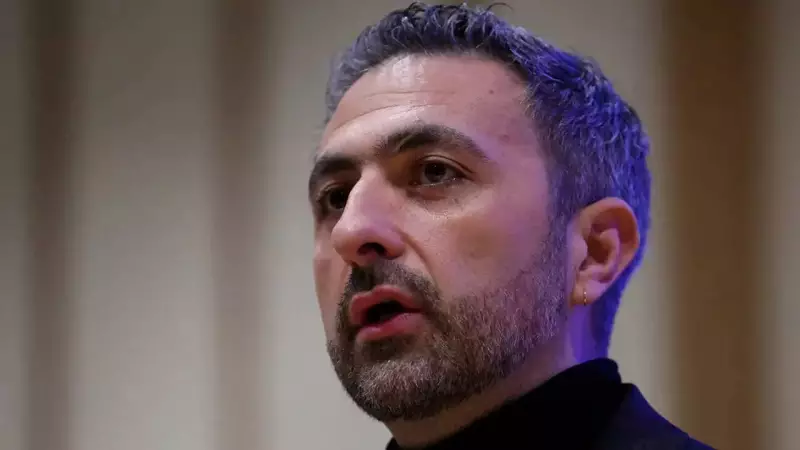
In a stunning revelation that signals a major strategic pivot, Microsoft's artificial intelligence CEO Mustafa Suleyman has disclosed that the tech giant was previously barred from developing its own artificial general intelligence models due to contractual obligations with OpenAI. This restriction has only recently been lifted, opening new competitive frontiers for Microsoft in the rapidly evolving AI landscape.
The Restrictive Partnership That Shaped Microsoft's AI Strategy
Speaking exclusively to Business Insider, Suleyman detailed how Microsoft's groundbreaking partnership with OpenAI contained a crucial clause that prevented Microsoft from independently pursuing AGI development until the year 2030. This limitation fundamentally shaped Microsoft's AI approach for years, forcing the company to concentrate on smaller-scale artificial intelligence projects and post-training adaptations of OpenAI's existing models for specific applications.
"Microsoft needs to be self-sufficient in AI," Suleyman emphasized during the interview. "And to do that, we have to train frontier models of all scales with our own data and compute at the state-of-the-art level." This statement underscores Microsoft's renewed commitment to establishing AI independence after years of operating under constraints.
New Freedom, New Direction: The Birth of Microsoft AI Superintelligence
According to the Business Insider report, Microsoft and OpenAI have successfully renegotiated their partnership terms, granting Microsoft the freedom to pursue artificial general intelligence either independently or through collaborations with third-party organizations. This significant shift has directly catalyzed the formation of an entirely new internal division called Microsoft AI Superintelligence.
The mission assigned to this new team is ambitious: to establish a "world-class, frontier-grade research capability" and tackle fundamental challenges in artificial intelligence. These challenges include critical areas like transfer learning and continual learning – both considered essential stepping stones toward developing AI systems that can learn, adapt, and evolve in ways comparable to human intelligence.
From Constrained Partner to Direct Competitor
Suleyman's comments represent a dramatic departure from Microsoft's previous AI strategy, which primarily revolved around supporting OpenAI's GPT models through cloud infrastructure provision and capital investment. Now, Microsoft is positioning itself as a direct competitor not only to OpenAI but also to other AI industry leaders including Google, Meta, Anthropic, and xAI.
Despite this newly competitive stance, Suleyman emphasized that Microsoft will maintain a pragmatic, non-ideological approach to model development. The company remains open to utilizing open-source models, Anthropic's Claude, OpenAI's GPT, and its own MAI models – whatever combination best serves its products and customers.
"There's no reason for us to be religious about that," he stated pragmatically. "We're very focused on getting our products working."
Building the Foundation: Infrastructure and Safety Investments
To support its ambitious AI goals, Microsoft is making substantial investments in artificial intelligence infrastructure. This includes developing custom AI chips and expanding strategic partnerships with Nvidia. Suleyman confirmed plans for creating a massive AI chip cluster designed to reduce dependence on third-party hardware while significantly boosting Azure's performance capabilities.
The company is also prioritizing AI safety and governance, appointing former DeepMind and Google legal executive Trevor Callaghan as Vice President of Responsible AI. Suleyman stressed that Microsoft aims to be "the adult in the room" as competition in the AI space intensifies globally.
"There's a risk with these systems that they get extremely smart and run away from us," he warned. "That requires a humanist intent, which keeps humans at the top of the food chain."
A Defining Moment for Microsoft's AI Future
With $300 billion in annual revenue and an extensive product ecosystem, Microsoft views this transition as a pivotal moment in its corporate history. Suleyman envisions AI agents becoming embedded across all Microsoft products, potentially transforming workflows and reducing living costs for billions of people over the coming decade.
"We have the data, we also have the distribution, and we have the user interface," he explained. "So I think it's just a matter of time before these things become really, really magical."
This revelation marks the beginning of a new era for Microsoft – one where the company transitions from being primarily an AI innovation partner to becoming a full-fledged competitor in the global race to build the future of artificial intelligence.






